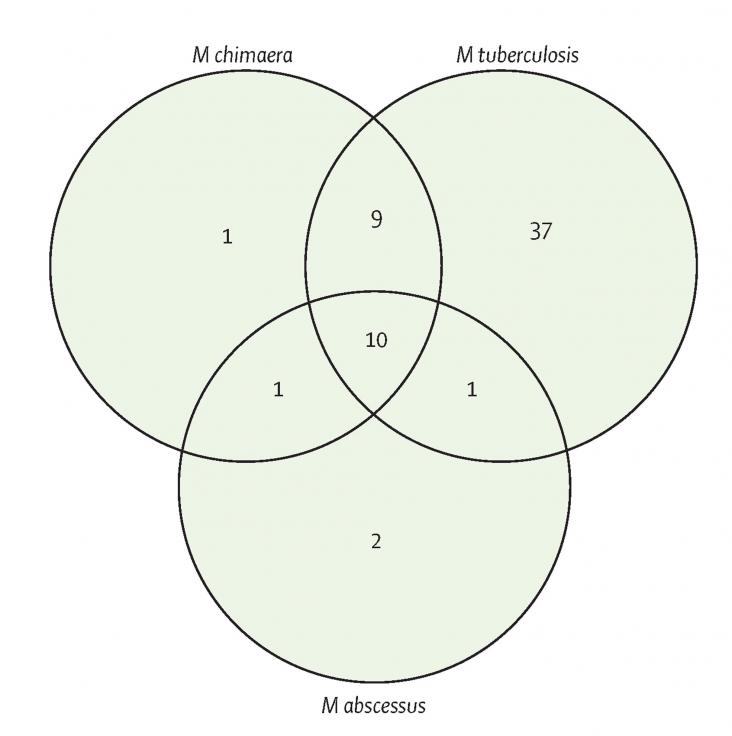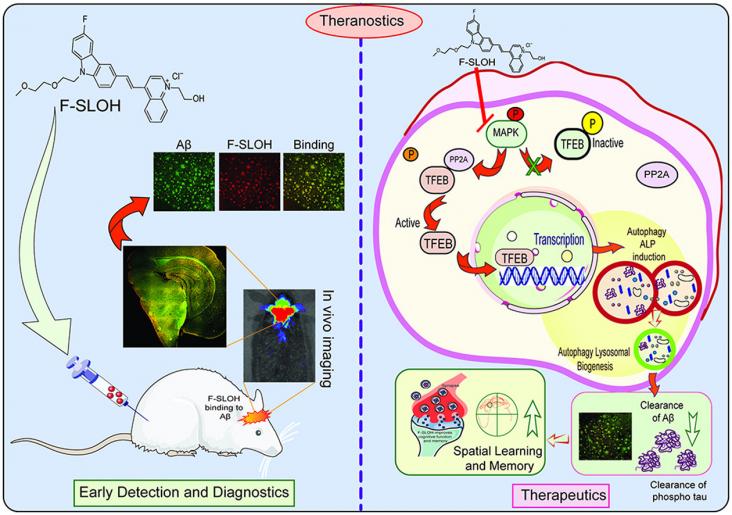This study demonstrates that a multipronged SBCC (social and Behavior Change Communication) intervention can modify mothers’ complementary feeding practices, improve fathers’ and mothers’ knowledge of complementary feeding, and increase fathers’ support for complementary feeding, despite low levels of participant-reported exposure to some intervention components.
The findings in this paper suggest that both supply- and demand-side solutions are needed to improve HMG (health mothers’ group) performance and uptake in Nepal. These solutions need to include improving FCHV (female community health volunteer) skills and motivating them to provide high-quality HMG services, as well as encouraging family members to support women so that they have time to participate in the HMGs.
This paper's findings highlight various facilitators and barriers that need to be given special attention during the design and implementation phases of PDH (Positive Deviance/Hearth) and PDH-IVC (Positive Deviance/Hearth-Interactive Voice Calling program). The mental health, time, and resource constraints of elderly caregivers should also be addressed for a context like Cambodia when implementing child-focused health and nutrition programs.
There is clear evidence that lifestyle factors affect iron bioavailability. However, information regarding the effect of alcohol and caffeine consumption on iron metabolism is limited.

This Article supports SDG 3, focusing on using an open drug discovery platform to identify compounds that inhibit Mycobacterium chimaera, as well as investigating possible drug repurposing options
While there is much research on men's mental health and sport, there has been less focus on women's gendered experiences of mental health and sport.

This paper reveals effective etiological capabilities of theranostic F-SLOH to target and intervene multiple neuropathological changes in AD mouse models. Therefore, F-SLOH demonstrates tremendous therapeutic potential for treating AD in its early stage.
This study examines the impact of adverse childhood experiences on the mental health of older adults and explores the role of physical and cognitive functions as mediators. It also finds that the number of children moderates the relationship, with ACEs having a stronger effect on mental health for older adults with fewer children.
A study in Osaka, Japan, investigated social support's effect on mental health across different age groups. The study suggests prioritizing neighbourly support in mental health interventions for the pre-old population.
Elsevier,
Translational Autoimmunity, Autoimmune Diseases in Different Organs, Volume 4 in Translational Immunology, 2022, Pages 309-331
This chapter aligns with the SDG goal 3 of good health and wellbeing by examining current efforts to treat patients who do not adequately respond to standard immunosuppressive treatments as well as to find novel noninvasive biomarkers that can reliably substitute liver histology in assessing liver fibrosis and in predicting hard long-term outcomes.
